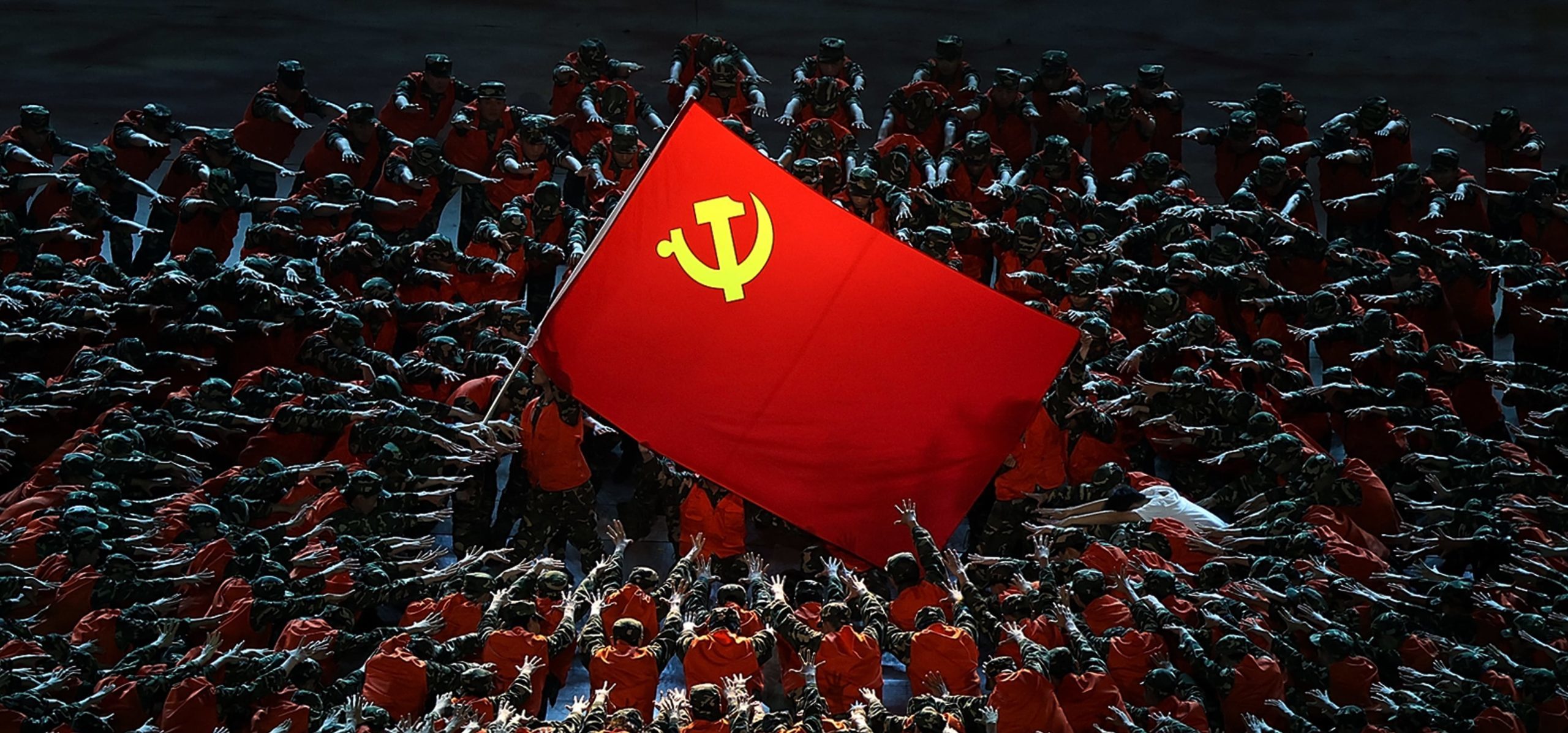In this episode of the ChinaPower Podcast, Mr. Peter Martin joins us to discuss his new book China’s Civilian Army: The Making of Wolf Warrior Diplomacy. Chinese diplomacy in the past several years has become more assertive and its diplomats have used sharper language –hence the name “wolf warrior diplomacy,” which comes from a Chinese film. Peter Martin’s research traces the roots of wolf warrior diplomacy to the founding of the People’s Republic of China in 1949 and its first diplomat, Zhou Enlai. Martin discusses China’s diplomacy today and its impact. He explains that although there are some critics in China of wolf warrior diplomacy, it is popular among the general public amid rising nationalist sentiment in the country. Mr. Martin describes the motivations behind wolf warrior diplomacy and how diplomats are being been rewarded for their aggressive rhetoric and posture.
Keyword:public opinion
China’s Political Influence Activities: A Conversation with Anne-Marie Brady
In this episode, Professor Anne-Marie Brady joins us to discuss China’s use of political influence activities and how these activities are influencing domestic politics in her native New Zealand.
Is China Succeeding at Shaping Global Narratives about Covid-19?
China has heavily leveraged social media, especially Twitter, in an attempt to repair its reputation and cast doubt on prevailing global narratives about the pandemic. ChinaPower analysis reveals new details about the scope and objectives of Chinese disinformation and propaganda campaigns.
How Are Global Views on China Trending?
Public opinion toward China can influence a country’s foreign policy orientation. Polling data is an important means of understanding these perceptions and tracing their long-term influence on international politics.



